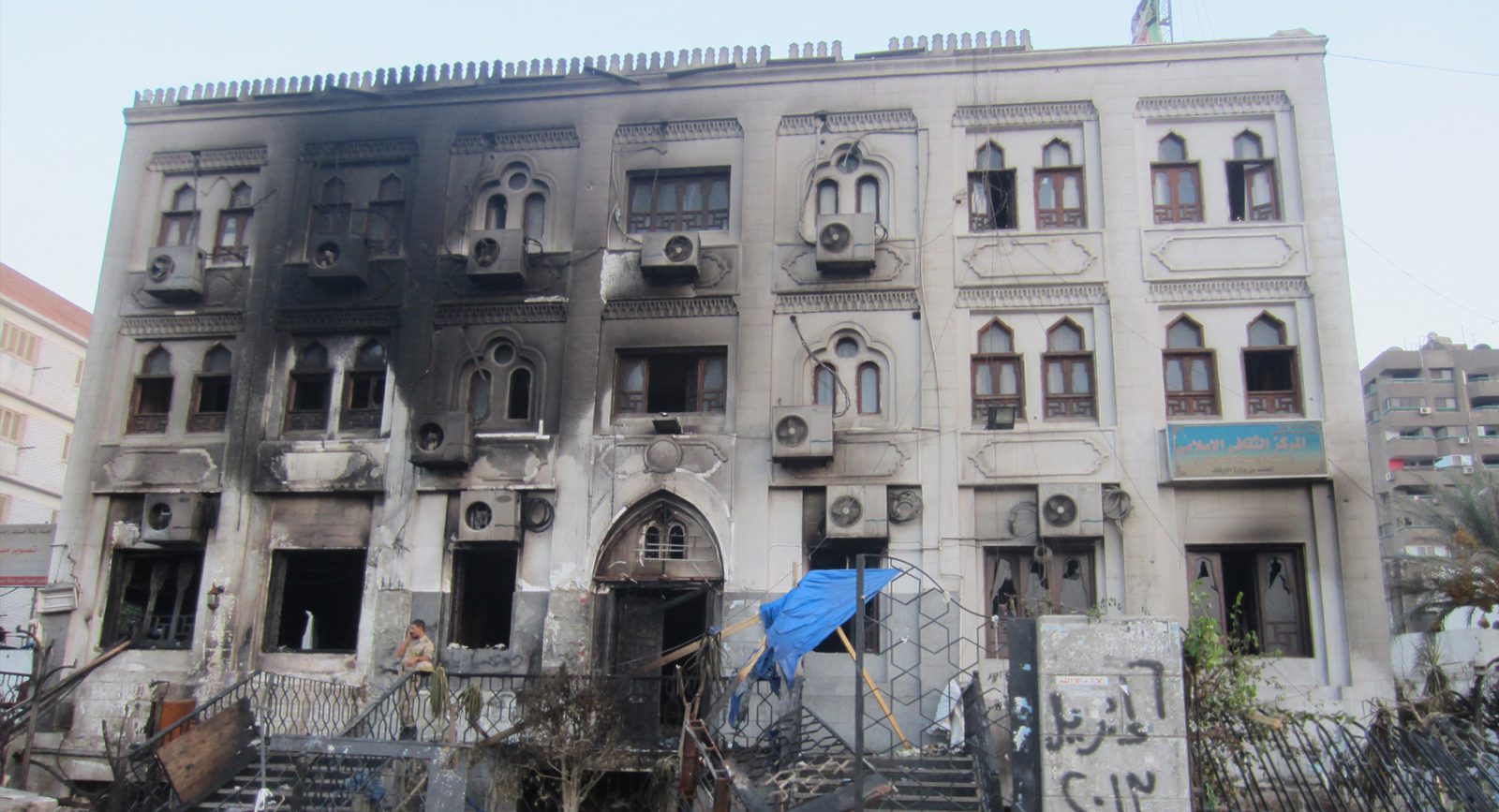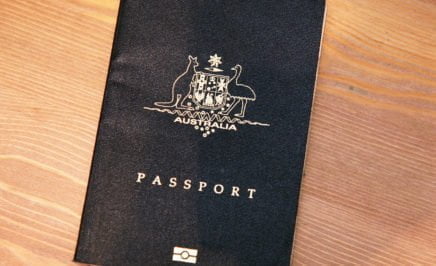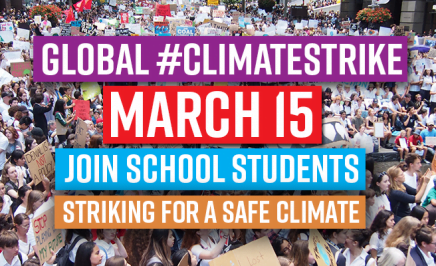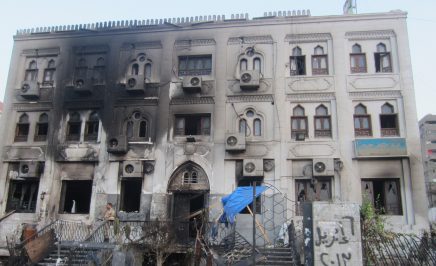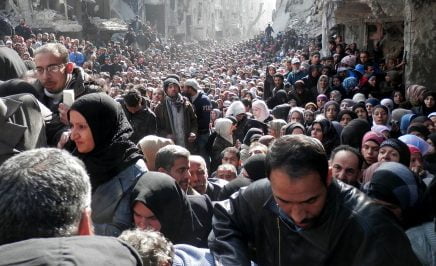Proud and ancient, Egypt is a country rich with history and culture, but standing at a crossroads between a free and bright future or repeating the mistakes of its past. Here we shed light on what is happening in Egypt and why.
Location, location, location
Okay, it’s slightly complicated. Type ‘Where is Egypt?’ into Google’s search bar and you’ll notice it appears in two lists: Middle East and Africa.
What does this mean? Well, geographically, Egypt is largely situated in the north-easternmost point of Africa; however, the part of the country known as the Sinai Peninsula borders Israel and the Gaza strip. In fact, its full name is the ‘Arab Republic of Egypt’ and its main language is Arabic.
It’s home to the Nile, the pyramids and some 80 million people. Although there are large communities of Coptic Christians living around the country, Egypt’s predominant religion is Islam.
What’s been going on the past 30-ish years?
For almost the whole of the 70s Egypt’s president was a guy called Anwar Sadat who held power for full decade before his in 1981.
His replacement was Hosni Mubarak, former Vice-President and deputy leader of the National Democratic Party. As a former military leader, Mubarak certainly didn’t find it difficult to get into power: he allegedly received 99.999 per cent of the votes in a national referendum and followed this up with 99.98 per cent of the votes almost 20 years later in the 1999 election.
The above figures are somewhat startling considering that during his time as President, Mubarak ruled with an iron fist. Civilians were subject to military trials, torture was rampant and political dissent was severely punished, particularly if members of the Muslim Brotherhood were involved.
Things got progressively worse during Mubarak’s presidency, with terrorist attacks like the tourist massacre at Luxor and the bomb attacks at Sharm al-Sheikh, and allegations of torture and illegal detention. By 2011 the Arab spring was gathering momentum and the Egyptian people spent 18 days carrying out mass protests against the regime, culminating in Mubarak’s resignation on 11 February that year. The next day Egyptians began celebrating a ‘new dawn’ for their country.
And then what happened?
Setting up shop after a revolution isn’t the easiest task. Egypt’s military body, the Supreme Council of the Armed Forces, stepped into the void left by Mubarak’s sudden departure, until a democratically elected government could take over.
Egypt was in the early stages of what would become an ongoing struggle for power.
At first the situation looked pretty good – anti-Mubarak protesters had even chanted ‘The army and the people, hand in hand!’ – but things went downhill fast.
Shortly after the military gained power, security forces began beating protesters in Cairo’s Tahrir Square who were calling for a quicker transition to a democratic government. The Muslim Brotherhood, which had rallied in Tahrir Square to unseat Mubarak, stayed largely quiet as the army and military police began locking up dissidents.
Eventually, the Egyptian army organised some elections to try and get things back on track. First up were the parliamentary elections in November 2011, and the Muslim Brotherhood pretty much swept the board, winning the majority of seats. The presidential elections began in May 2012, with the candidates being whittled down to two finalists: Mohammed Morsi, the Muslim Brotherhood’s candidate, and Ahmed Shafik, the last prime minister under Mubarak.
Morsi got the job and was sworn in as Egypt’s next president on 30 June, but not before the military shut down parliament and awarded itself sweeping new powers, watering down the power of the president in the process.
Morsi and the Muslim Brotherhood eventually ordered the army’s top generals to retire and basically pretended the power grab had never happened. In fact, in November 2012, Morsi granted himself more power, sparking further protests.
Was Morsi any good?
Well, to kick things off, according to the Nadim Centre for the Rehabilitation of Torture Victims, 34 deaths and 88 cases of torture occurred during the first 100 days of Morsi’s rule so it’s perhaps unsurprising he lasted only one year in power.
Morsi was also accused by his critics of failing to deliver in a number of basic ways, including concentrating too much power in the hands of the Muslim Brotherhood, mishandling the already-shaky economy, and failing to respond to calls for human rights and social justice to be upheld.
Ironically, despite being Egypt’s first democratically-elected leader, Morsi failed to rule in a democratic fashion. Not only did he crack down on free speech, frequently arresting journalists, but he also pushed through constitutional change granting him far-reaching powers which, it turns out, was a bit of a deal-breaker for the Egyptian people.
To cut a (very) long story short, after a turbulent year in power, punctuated by violence and anti-government protests, millions of people took to the streets of Cairo and other cities around the country on 1 July 2013, demanding the President’s resignation.
Two days later, Morsi was ousted, and the head of the Supreme Constitutional Court, Adly Mansour, stepped up as interim head of state.
Things are okay now though, right?
Far from it, actually.
After 30 years of repression, two major uprisings, military leadership and a former Muslim Brotherhood president in detention it would be an understatement to say tension still exists between rival groups in the country.
During August last year, shortly after Morsi was deposed, around 600 of his supporters were killed by Egyptian security forces during sit-ins in Rabaa al-Adawiya Square. Not a single member of the police or security forces has been charged with the deaths. And in a single shock ruling, the Egyptian authorities recently sentenced 528 alleged Morsi supporters to death, sending a clear message: fall in line or prepare to die.
To compound the devastating effects of violence, Egypt’s jails are fit to bursting, filled with around 16,000 political activists. And imprisonment is not just limited to pro-Morsi supporters and the Muslim Brotherhood, either. Three Al Jazeera journalists, Peter Greste, Mohamed Fahmy and Baher Mohamed, are facing lengthy prison sentences on trumped up terrorism charges and Ahmed Mahir, a liberal political activist and key organiser of the 2011 protests at Tahrir, faces jail for holding an ‘illegal demonstration’.
The international community is appalled at Egypt’s crass abuse of its justice system and every day, media workers and everyday folks around the globe call for Egypt to #FreeAJStaff.
What next for Egypt?
What happens next is really up to Egypt. The country is at a crossroads, with further elections due in 2014.
Each regime so far has committed serious human rights abuses and there is little point arguing about who was worse – the focus should now be on figuring out who’s going to fix the mess. It’s unclear whether Egypt will continue to be a country whose citizens live in fear, dissidents are executed and journalists do as they’re told, or whether future leaders will learn from the mistakes of the past.
Article written by Katie Young, Online Editor
